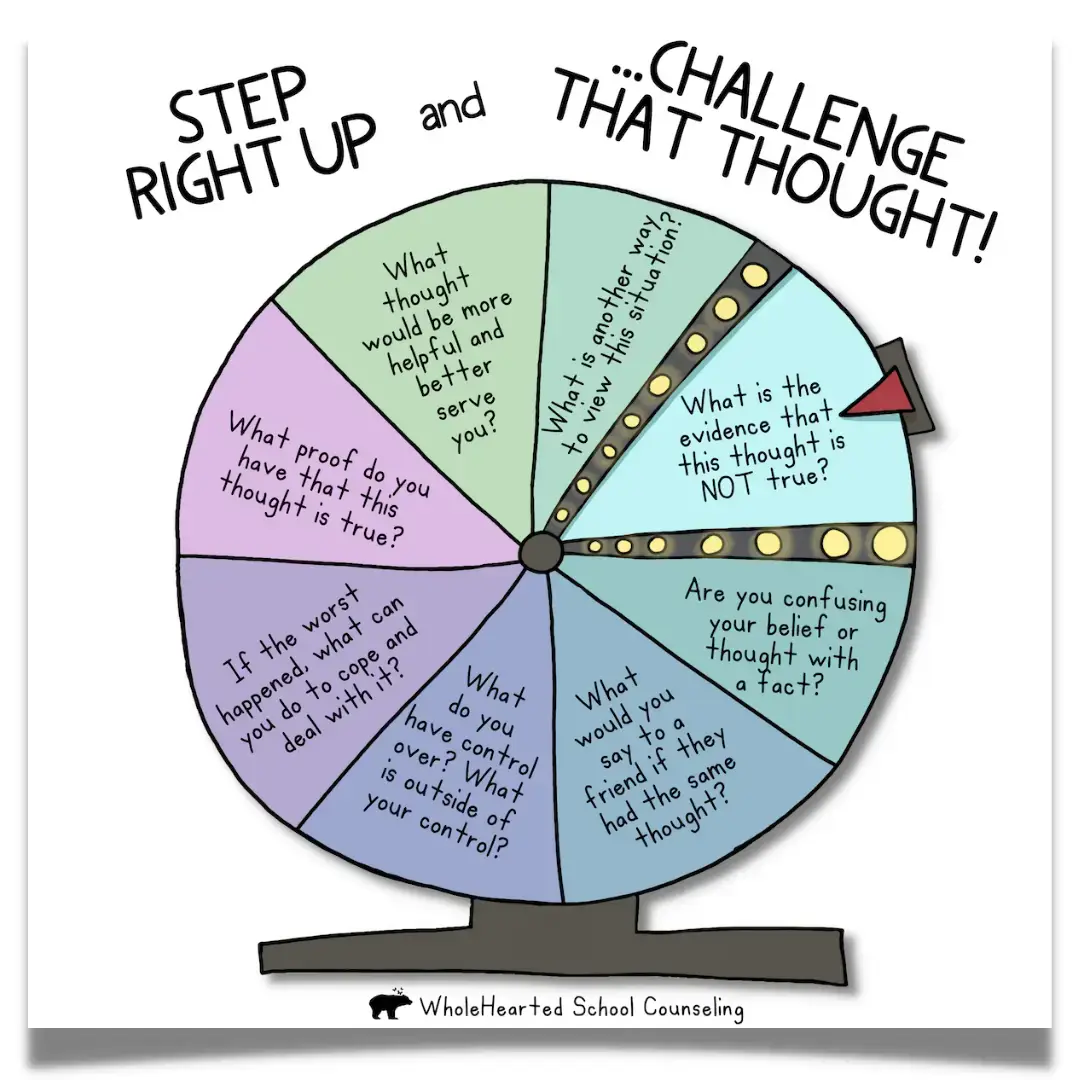Teenager therapy can uplift young people to grow with balance
Wiki Article
The Role of Teen Therapy in Promoting Resilience and Self-confidence
Adolescent years present distinct challenges that can influence psychological well-being. Treatment uses adolescents a structured atmosphere to resolve these concerns. It equips them with tools to develop strength and self-confidence. By discovering to navigate their emotions, teens can establish a more powerful feeling of self. Nonetheless, the trip via therapy is not nearly recognizing oneself; it additionally entails growing connections with others. What techniques emerge from this collective process?Understanding the Distinct Challenges Dealt With by Teenagers
As young adults browse the troubled period of adolescence, they encounter a myriad of one-of-a-kind obstacles that can significantly impact their durability and self-confidence. The change from youth to their adult years is commonly fraught with social stress, scholastic assumptions, and identification exploration. Peer partnerships become significantly complex, with the desire for approval leading to stress and anxiety and insecurity. Concurrently, the pressure to succeed in college might cause frustrating anxiety, impacting mental health and self-esteem.In addition, young adults may fight with self-image issues, influenced by social standards perpetuated with social media sites. The continuous contrast can worsen feelings of inadequacy. Furthermore, lots of adolescents experience domestic challenges, such as separation or monetary instability, which can create an unsteady home environment. These interconnected issues add to a delicate feeling of self-regard, making it vital for teenagers to establish coping mechanisms and assistance systems to navigate these formative years effectively.
The Advantages of Therapy for Teens
Therapy supplies teenagers a crucial resource for building resilience and confidence, particularly due to the numerous difficulties they deal with. Engaging with a trained expert enables teenagers to explore their thoughts and sensations in a risk-free environment, which can cause improved self-awareness. This understanding of their feelings helps them navigate the intricacies of teenage years more efficiently.Additionally, treatment provides adolescents with devices to take care of stress and anxiety and anxiety, fostering a sense of control over their lives. With healing techniques, they find out to share their sensations and communicate far better with peers and household participants, which can enhance connections. In addition, treatment can help teenagers determine their toughness and develop a positive self-image, adding to boosted confidence. In this supportive setting, they can additionally confront and reframe adverse ideas, paving the way for healthier coping systems and an extra durable way of thinking. Inevitably, the benefits of therapy can have a long lasting influence on their personal development
Structure Coping Approaches Via Treatment
Structure coping approaches is an indispensable component of the therapeutic process for adolescents. Therapy gives an organized atmosphere where teenagers can explore their feelings, ideas, and habits, allowing them to determine stress factors and activates in their lives. Through numerous methods, such as cognitive-behavioral treatment (CBT), adolescents discover to challenge unfavorable idea patterns and replace them with even more useful feedbacks. Role-playing and mindfulness exercises are additionally used to improve psychological law and analytic abilities.In treatment, teens are urged to establish tailored coping systems, such as journaling, deep breathing, or engaging in physical tasks. These strategies not only help them handle instant anxiety yet likewise promote long-lasting strength. As they practice these dealing methods, young adults gain the self-confidence to face difficulties individually. Ultimately, constructing effective coping methods equips teenagers with important life abilities, fostering their ability to navigate future difficulties with assurance and toughness.

Enhancing Self-worth and Positive Self-Image
While adolescents typically come to grips with instabilities and societal pressures, therapy plays a critical role in enhancing self-worth and cultivating a favorable self-image. Through various therapeutic approaches, teenagers learn to determine and test negative teenager therapy thoughts that threaten their self-regard. Cognitive-behavioral methods, for instance, motivate them to change hazardous self-talk with affirmations and useful beliefs.In addition, treatment supplies a risk-free area for adolescents to discover their sensations, enabling them to express their experiences and acquire recognition. This procedure typically results in enhanced self-acceptance and recognition of their special high qualities.
Furthermore, specialists can introduce mindfulness techniques, assisting teenagers cultivate self-compassion and decrease self-criticism. By dealing with advertising and underlying concerns self-awareness, therapy equips adolescents to create an extra positive and resistant self-image. Ultimately, boosted self-esteem works as a foundational element for browsing life's obstacles and pursuing personal objectives with self-confidence.
Developing Supportive Relationships and Neighborhood Links

Encouraging connections and community connections are vital for teenagers as they browse the complexities of expanding up. These links supply a feeling of belonging and safety and security, which fosters strength and self-confidence. In treatment, young adults discover the value of surrounding themselves with positive influences, including close friends, household, mentors, and neighborhood participants - teenager therapy. Such partnerships can function as a safeguard throughout challenging times, offering emotional support and advice
Furthermore, neighborhood links urge involvement in social activities, volunteer job, or team programs that promote synergy and teamwork. These experiences not just enhance social abilities yet likewise infuse a sense of function and duty. Via therapy, teenagers can recognize and cultivate these encouraging networks, learning to connect efficiently and construct trust. Ultimately, fostering strong relationships and area connections equips teenagers with the tools to encounter obstacles, advertising mental wellness and a favorable expectation on life.
Frequently Asked Inquiries
Exactly how Do I Know if My Teen Needs Therapy?
Signs a teenager might need therapy include persistent unhappiness, withdrawal from activities, changes in eating or sleeping patterns, academic decline, material usage, or increased irritation. Observing these behaviors can suggest the requirement for professional assistance.What Kinds of Treatment Are Most Efficient for Teenagers?
Cognitive Behavior Therapy (CBT), Dialectical Behavior Treatment (DBT), and household treatment are frequently effective for young adults. These techniques help address emotional difficulties, improve coping skills, and enhance interaction within household characteristics, advertising overall wellness.Exactly How Can Parents Support Their Teenager's Therapy Journey?

Parents can sustain their teen's therapy trip by actively listening, motivating open communication, participating in sessions if invited, strengthening coping strategies learned in treatment, and cultivating a secure, recognizing atmosphere for emotional expression and growth.
Is Treatment Confidential for Teenagers?
Treatment for teenagers is normally personal, advertising a risk-free area for open communication. Nonetheless, specialists might disclose information if there is a threat of injury to the teen or others, making certain safety stays a priority.
How Much Time Does Therapy Commonly Last for Adolescents?
Treatment for teens generally lasts between 8 to 20 sessions, depending upon private needs and goals. Frequency and period might vary, with some experiencing shorter or longer procedures based on their special circumstances and feedbacks.Treatment offers adolescents an important source for developing resilience and self-confidence, especially in light of the various difficulties they encounter. In addition, treatment can aid adolescents recognize their strengths and develop a favorable self-image, contributing to enhanced confidence. Through different methods, such as cognitive-behavioral therapy (CBT), adolescents learn to test adverse thought patterns and change them with even more useful reactions. While adolescents frequently grapple with instabilities and social pressures, therapy plays an important role in boosting self-esteem and cultivating a positive self-image. Cognitive Behavior Treatment (CBT), Dialectical Behavior Therapy (DBT), and family members therapy are typically reliable for teenagers.
Report this wiki page